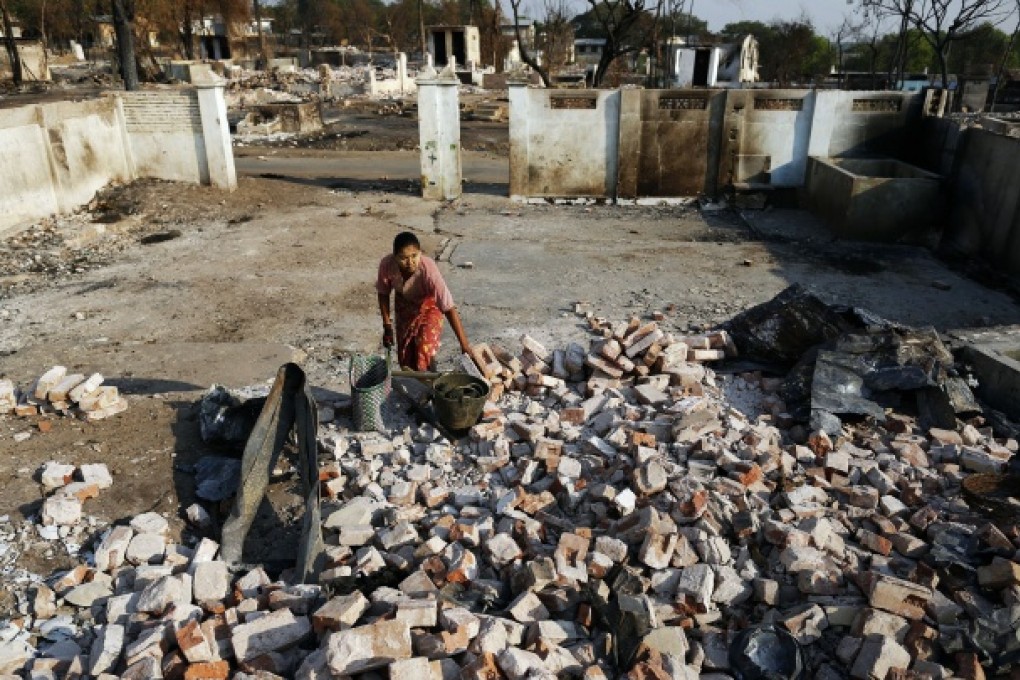UN must act to stop human rights abuses in Myanmar
Ian Holliday says atrocities against minority Muslims are a blot on the nation's progress

Last week generated three important perspectives on Myanmar's evolving relationship with the wider world. In Brussels, the European Union lifted all sanctions apart from an export ban on arms. In New York, the International Crisis Group honoured President Thein Sein with its top peace award. In Bangkok, Human Rights Watch released a devastating report on ethnic cleansing of Rohingya Muslims in Rakhine state.
Each event was remarkable. Until very recently, sanctions formed the central plank of Western policy on Myanmar. Now they are gone in the EU, and suspended, pending final removal, in the US. Equally, Myanmar's brutal military junta was reviled around the world. Yet, two years on, a senior former member is being fêted as a man of peace. Lastly, Buddhist monks drew nothing but praise as they led uprising marches in 2007. Today, disturbingly, a dark side is ever more apparent.
These perspectives form an authentic picture as Myanmar enters a third year of sweeping reform. Liberalisation has seen most leading political prisoners released, censorship rolled back, civil society unshackled and the economy opened to inward investment. Ceasefire deals have been struck with all but one of the major ethnic militias.
At the same time, however, the mass atrocities documented by Human Rights Watch are a problem. The report highlights the genocidal campaign directed at stateless Rohingya. But forces of repression also target other Muslim groups.
What, then, is the international community to do? Economic sanctions were always blunt and indiscriminate.
For proponents of enhanced engagement, the reformist window opened in 2011 may slam shut if key political leaders are not given full support. Yet when Thein Sein and Aung San Suu Kyi preside over a process scarred by systemic human rights abuse, something more forceful than quiet diplomatic pressure is necessary.